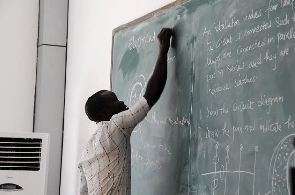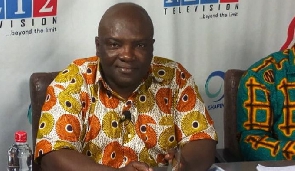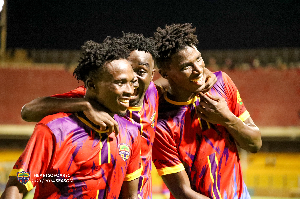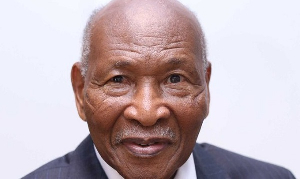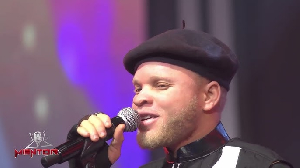Opinions of Thursday, 23 November 2023
Columnist: Rev. Fr. Augustine Owusu-Addo
21st century teachers need to recognise the uniqueness of every learner
In 21st-century education, acknowledging the diverse nature of learners is crucial for effective teaching. Just as in any other part of the world, learners in Ghana exhibit a wide range of learning preferences. Some thrive through listening, while others prefer reading, watching, or engaging in hands-on activities.
In this dynamic educational endeavor, learners can be categorized as visual,
auditory, kinesthetic, or a blend of these styles. Additionally, their cognitive preferences may lean towards analytical, creative, practical, or reflective approaches.
As a facilitator, the challenge lies in how to actively engage learners with these unique preferences in the classroom. Recognizing and responding to this diversity is not only essential for student success but also aligns with the principles of 21st-century education.
It is high time we focused our attention on adopting a mindset that emphasizes strengths and potentials in every learner. Recognizing each child's inherent tendencies and strengths, we would utilize this awareness to tailor the learning of subjects like math, science, social studies, art, music, and communication skills in ways that suit each child best.
In the upsurge of digital education, the role of the teacher is not just a conveyor of facts but a facilitator who cultivates critical thinking, creativity, and adaptability. For this reason, it stands to argue that understanding the uniqueness of each learner becomes the cornerstone for unlocking their potential. By acknowledging and celebrating the diverse strengths and challenges that students bring to the classroom, facilitators can create a more engaging and responsive learning experience.
In today's world, a uniform approach for all is no longer acceptable; instead, a
personalized, tailored approach is necessary—one that fits every learner’s needs. The following strategies should be taken into account:
The 21st-century teacher/facilitator should:
Incorporate a variety of teaching methods that appeal to different learning styles, such as visual aids, auditory elements, and hands-on activities.
Provide assignments that allow students to choose how they want to demonstrate their understanding, whether through a written essay, a visual presentation, or a practical project.
Encourage collaborative activities that enable students to share their diverse strengths and learn from one another.
Utilize educational technology to enhance the learning experience, providing online resources, interactive simulations, and digital tools that cater to various learning styles.
Use diverse assessment methods that go beyond traditional exams, such as project-based assessments, presentations, and reflective journals.
By embracing and tailoring educational approaches to the diverse learning preferences of students in the 21st century, facilitators can create inclusive and effective learning environments that unleash the potential of every learner.
By embracing and tailoring educational approaches to the diverse learning preferences of students in the 21st century, facilitators can create inclusive and effective learning environments that unleash the potential of every learner.

